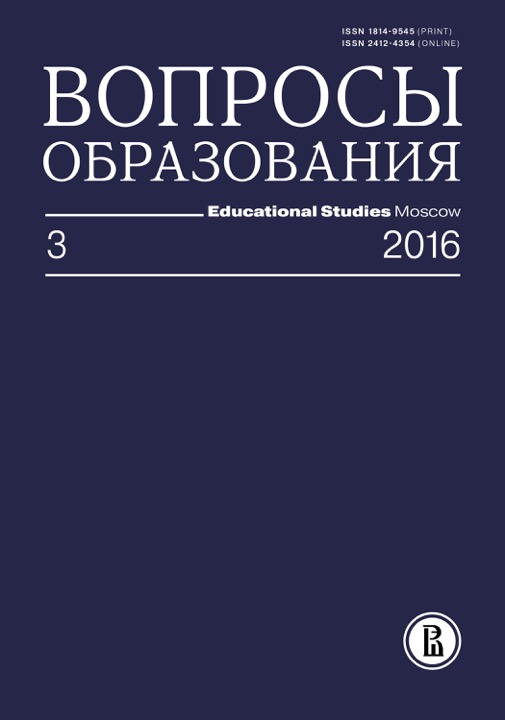Субъективные инновации: педагогическое движение в условиях радикальных социальных изменений
Аннотация
Исследуются причины, по которым инновационное педагогическое движение, развернувшееся во второй половине 1980‑х годов, относительно быстро исчерпало первоначальный импульс и не стало устойчивым фактором институционального развития в России. На основе интервью с участниками инновационного движения, а также нарративного анализа материалов периодики и архивной документации авторы обосновывают тезис о преобладании в инновационном движении задачи субъективной эмансипации, усвоения культуры свободы над целями организационно-проектного управления. Показано, что педагогическое движение испытывало зависимость от организационных форм, встроенных в позднесоветский социальный порядок. Развитие инноваций происходило в рамках ситуаций особого типа: отдельные коллективы, выстроенные вокруг фигуры того или иного автора, были способны учреждать новое как субъективное достояние, но не могли его удерживать и развивать в институциализированных формах.








